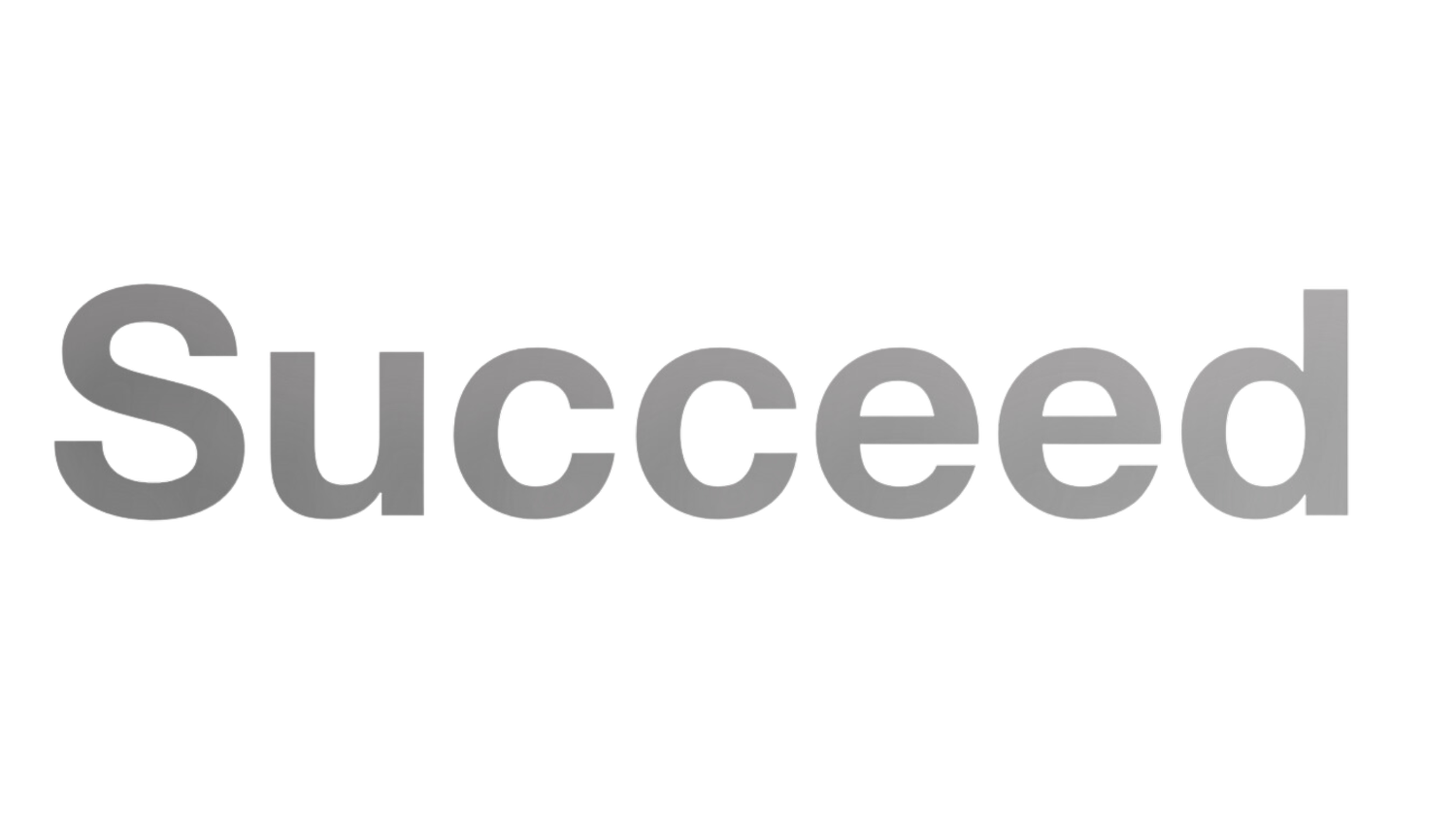Mastering Self-Leadership: Tips and Strategies for Startup Founders
Mastering Self-Leadership: Tips and Strategies for Startup Founders
Learn essential strategies for developing a positive mindset, creating habits, and setting clear goals for yourself as a startup founder.
Overcome limiting beliefs and build an accountability network to maintain good behaviors and achieve your goals.
Understand the importance of personal branding and how to adjust it as your startup evolves.
Hey there startup founders!
Leading yourself is a fundamental aspect of personal and professional growth, and it's crucial in the entrepreneurial journey. It involves building a positive mindset, creating habits, and setting clear goals for yourself. In this Q&A session, we covered several questions related to personal growth, including mindset, habit building, personal branding, and goal setting. As a startup founder, these are all important topics to keep in mind.
One of the questions that stood out was about changing your mindset to reduce stress during sales. As a startup founder, you may be doing a lot of sales pitches, and it can be challenging to deal with rejection. However, building habits that help you overcome such situations is key. The more you engage in sales and gradually improve yourself, the more confident you'll become. Watching videos and learning from others can also be beneficial. Remember to overcome limiting beliefs, such as thinking that you cannot sell, as they can hold you back.
Another question was about struggling to maintain good behaviors and sticking to the goals you set. This is a common challenge for many startup founders. One way to overcome this is by building an accountability network, which could be a group of fellow startup founders, mentors, or friends. Create a WhatsApp group or connect with people who have similar goals. Also, understanding your "why" is crucial, as it provides a strong internal drive to continue working towards your set goals.
Personal branding is also essential for startup founders. You are the face of your startup, and your personal brand represents the values and culture of your company. One question that came up was about what to do when your personal brand changes over time. It's perfectly fine for personal brands to evolve as you grow and develop. Personal branding is about self-reflection and self-expression, so as long as you understand your values and goals, you can adjust your personal brand as needed.
When it comes to setting goals and measuring them, it's important to write them down on paper and break them down into smaller steps. As a startup founder, you likely have many goals you want to achieve, and it can be overwhelming. Breaking them down into smaller steps can help make them more manageable. Additionally, measuring outcomes, such as the number of customers, revenue, or user growth, is essential in tracking progress towards your long-term goals. Consider measuring these outcomes on a daily or weekly basis to help you stay on track.
Lastly, some startup founders may be hesitant to put themselves out there and be public. It's important to remember that not everyone wants to be public, and that's perfectly fine. However, documenting your journey on social media, even if it's only a few posts, can reveal new opportunities for personal growth. You have control over what you share publicly, so don't be afraid to keep certain aspects of your life private.
Leading yourself requires a positive mindset, habit building, clear goal setting, and self-reflection. As a startup founder, these are all essential elements of personal and professional growth. Remember to overcome limiting beliefs, build an accountability network, understand your "why," and measure outcomes to achieve your goals. Your personal brand represents the values and culture of your company, and it can evolve over time. And finally, don't be afraid to put yourself out there and document your journey, as it may lead to new opportunities for personal growth.
Have a question? Reach out

